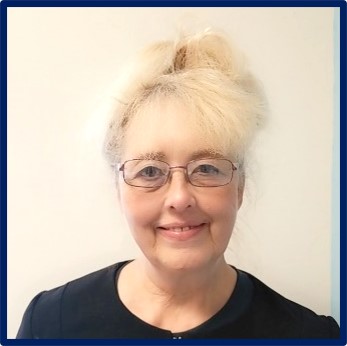How important is Medical Experience for Pre-Med students?
Medical education is education related to the practice of being a medical practitioner; either the initial training to become a physician, or additional training thereafter. Medical education is also the subject-didactic academic field of educating medical doctors at all levels, including entry-level, post-graduate, and continuing medical education. Medical education applies theories of pedagogy specifically in the context of medical education. Specific requirements such as professional activities must be met before moving on in stages of medical education.
Why Medical Experience?
When it comes to getting into a , having the best GPA and MCAT scores don’t cut the bill alone. Highlighting your exceptional medical work experience and hospital shadowing projects in your personal statement can help you stand out from the crowd. Having medical experience gives you plenty of opportunities to observe some of the skills required to become a brilliant physician. In addition, it helps you decide whether medicine is the right career choice for you.
Types of Medical Experience for Pre- Med Students
Along the path to medical school, many students choose to pursue clinical experiences to complement their pre-medical schoolwork. Here are some types of medical experiences:
- Medical Scribing: As one of the most common clinical experiences seen by our Admissions Boards, scribing in an Emergency Room or inpatient hospital department allows a pre-med to take an active role in the healthcare process. This type of experience is seen frequently by our Admissions Officers, but it is the self-reflective pre-med student who can effectively convey how their time as a scribe has molded their understanding of the healthcare system and contributed to their desire to become a physician.
- Physician Shadowing: Most pre-med students have some degree of shadowing experience on their plate, and for good reason: shadowing is an excellent way of learning firsthand what a practicing physician actually does day-to-day. It requires minimal commitment on the part of a pre-med, so the amount of time spent shadowing is the key here. Selecting a physician(s) based on specialty and area of interest is important to develop a robust understanding of providing care.
- Volunteering at Healthcare Facility, Clinic, or Hospice: Whether at a hospice facility or in the community as an EMT, pre-meds can gain direct and impactful patient care experiences through their volunteerism. The scope of volunteering in these roles is vast, but common roles include: hospice volunteer assisting patients at the end of life; volunteer EMT positions at events and around the community; volunteer patient intake at a local clinic; or volunteering as a counselor or other service position with local nonprofits that work with underserved or high-risk communities. These types of experiences highlight the service-oriented aspect of many pre-med students.
- Paid Positions: Generating additional income while receiving invaluable clinical experiences is on many pre-med students’ radars, and our best advice to doing so involves receiving additional certifications. These types of positions are natural segues into becoming an entry-level healthcare provider and may require several months of initial certification training, but they are the most direct, hands-on clinical experiences a pre-med can find.
In order to decide which type of experiences fits you the best, the table below shows the pros and cons of each type:
| Type of Medical Experience | Pros | Cons |
|
Medical Scribing |
Direct exposure to patient care—you are not a spectator! Become a functioning member of a medical team. Learn how to work collaboratively with care providers in a healthcare facility. | Time-intensive training. No direct patient contact. Generally, not a ‘shadowing’ experience: students may not be able to ask physicians questions as they make their rounds. |
| Physician Shadowing | Developing meaningful relationships with physicians. Exposure to a wide variety of health issues, depending on the specialty. Learn about the patient-physician interaction firsthand. | No direct patient contact; purely observational. Unpaid. Must first build a network to locate a physician that will allow you to shadow. |
| Volunteering at Healthcare Facility, Clinic, or Hospice | Direct patient interaction. Exposure to a variety of medical conditions and demographic groups. Develop empathy for the patient experience. | Some roles require minimum time commitments and may have rigid volunteer scheduling and training requirements. |
| Paid Positions: Medical Assistant/ Phlebotomist/ Patient Care Technician/EKG Technician/ CNA | Excellent direct patient care experience. Learn how to interact with patients and provide effective, empathetic care. | Does not necessarily involve working in a variety of medical settings. Cost and time associated with additional training to obtain certification. |

Nancy L. Kimmel obtained her PhD in Environmental Engineering in 2002, then went on to teach Physics and Mechanical Engineering at Lawrence Technological University, Henry Ford College and Oakland University. She obtained her Associate in Nursing from Henry Ford College and then went on to earn her Master Degree as a Family Nurse Practitioner and became Board Certified working as a licensed FNP in the State of Michigan. She then went on to Medical School where she is now in her 3rd year, and is also in the process of obtaining her Doctorate in Nursing Practice through Chamberlin University. She has authored the NET Study Guide, as well a several books on subjects of Math, ECG/EKG and Phlebotomy. She holds a patent on an Air Filter through the U.S. Patent Office.


